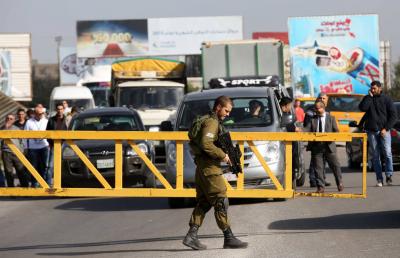Israeli Army Radio reported that Defense Minister Yoav Gallant announced the complete repeal of the "Disengagement Law" in the northern West Bank. So, what does this decision mean?
Disengagement is a political term referring to the separation of the structural and functional unity of institutions between two states or several countries. It also signifies the demarcation of borders between two states in preparation for separation, allowing each state to achieve its sovereignty and have its own governing system and geographical area.
The law repealing the "Disengagement Law" in northern Judea will permit the return of settlers to four dismantled settlements: Ganim, Kadim, Homesh, and Sanur in the West Bank. The "Disengagement Plan" was a unilateral plan implemented by former Prime Minister Ariel Sharon's government in the summer of 2005, which evacuated settlements and Israeli military camps in the Gaza Strip, along with four settlements in northern Judea.
It is noted that the Disengagement Law does not imply that Gaza is Palestinian land and that the West Bank is Palestinian territory; instead, it claims they are Israeli lands, similar to Tel Aviv and Haifa. However, the demographic reality necessitates disengagement to preserve the "purity of the state," reduce friction with Palestinians, and address international pressure for Israel to withdraw from all the territories occupied in 1967, including East Jerusalem.
This Israeli decision comes after three European countries (Ireland, Spain, and Norway) announced today that they decided to recognize the Palestinian state. Tel Aviv threatened that it "will not remain silent, and there will be severe consequences."




